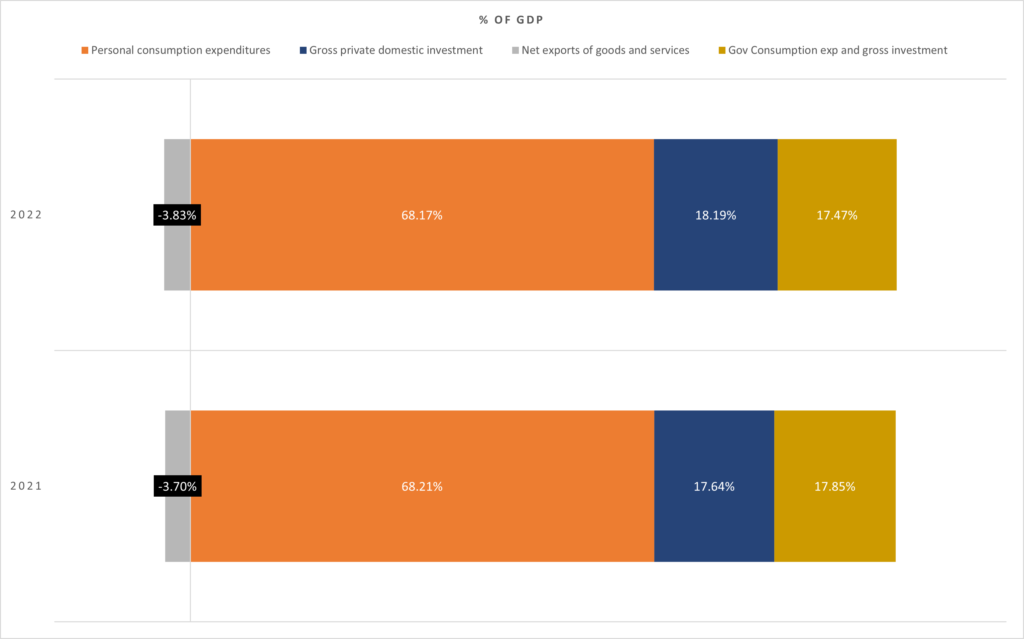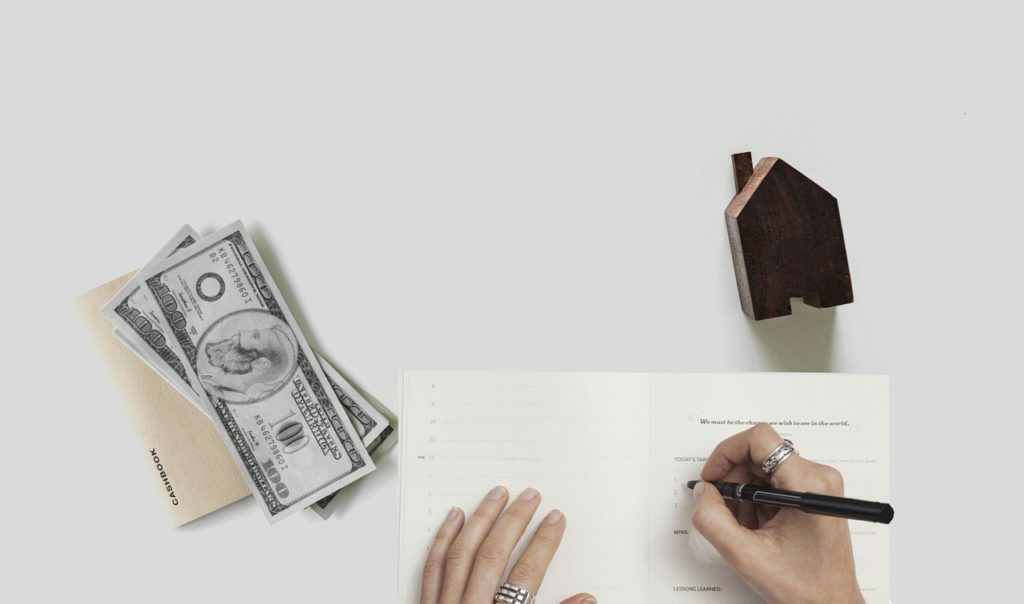Consumption is one of the most critical factors of long-term financial success. What we eat, drink, how we live, and a variety of actions determine our consumption. Consumption or consumer spending is tracked and published as one of the critical components of economic activity. Consumer spending is one of the most significant parts of GDP (Gross Domestic Product) if not the most important part of GDP. GDP tells us how productive we are as a society based on several factors, notably consumption. Some People even go as far as to call consumption or consumer spending the engine of GDP. Public Officials take consumption very seriously and so should you.

So how do you consume? Better yet what are your priorities while consuming? What factors are important to you when you make a purchase? The Brand, price, available funds, perceived benefit, or something else? Other important questions one could ask are what were the results of your purchases and did the product or service live up to your expectations? These factors are considered by everyone before, during, and after every purchase we make. Do you feel like your priorities are in order and you are making the best choices? Remember (It’s all about choices). Don’t worry there are steps you can take to help you make better consumption decisions. The one thing I think is proven to help before, during and after making purchases is writing that’s right.
Writing down a list before you go to the store will prevent you from overspending on things you don’t really need. Writing down your monthly bills and marking them paid as you go through the month will help you stay on track. You could even take it a step further and list them in order by due date with the bills due at the first of the month at the top of your list and bill due at the end of the month at the end of your list. Getting a budget in writing is also a great idea to help control consumption. Writing down your income and then allocating portions of your income to each expense category will act as a guide for your consumption. Writing is honestly one of the best decision tools we as consumers can practice.
To help you get started or to enhance your current budgeting process. I’ve included two budget templates below. A PDF document that is printable for those of you who like to wright things down by hand, and one Microsoft Excel document with calculated fields and charts.
10 more budgeting tips
- Use a budgeting app or software
- Make a list of your financial priorities
- Shop around for better deals
- Use coupons and promo codes
- Set financial goals
- Avoid impulse purchases
- Save for the unexpected
- Celebrate your successes
- Don’t give up
- Don’t be afraid to ask for help

